Additional guidance is always helpful: Treatment recommendations online
An update to the February 3, 2017 post on the same topic.
In 2021, there are still hundreds of people who ask for direct treatment advice in social media forums (open, closed or secret) from unvetted individuals on a daily basis. Is there any real harm in doing so?
In my previous blog entry, More on Social Media and Client Confidentiality: A 2021 Update I told you about a situation that happened in late 2020. A certified professional posted a request for materials to implement an unproven treatment for a dangerous behavior. This is only one of many situations I have seen online where professionals reach for advice in social media groups with thousands and sometimes tens of thousands unvetted members for resources, advice, and recommendations. In this case, someone was reaching out for materials. I often ignore these types of posts as they are generally fine, except that in this situation, the materials requested were for an unproven intervention for behavior that could cause harm to the individual. I could not ignore this case. I reached out privately to discuss.
One of the more common requests I see is for treatment advice in social media groups is for behavior deemed “sexual” in nature. People ask for books, curricula, ideas to deal with X behavior, or replacement behavior for X behavior. I typically always respond with the following standard response when I see anyone asking for information about how to teach masturbation or address other sexual behavior “Please consult with [tag professional’s name here].” A few others and I have also started dropping the link for the ABAI Sexual Behavior Research and Practice SIG (Formerly STEP SIG) group on Facebook where a fabulous group of vetted practitioners either provide age appropriate resources (VERY IMPORTANT) or set up consultation. Their model is a fantastic one. They have list of individuals competent in assessment of sexual behavior and highlight their expertise. Often the end result of those threads is that the poster and a professional arrange to meet up off-line to discuss and arrange consultation. The group provides a model that protects the professional posting, the professional giving advice, and most importantly the client, by recommending folks consult with experts privately.
Unfortunately, many of the situations I observe online do not align with that model but violate client privacy and often risk client confidentiality. I wrote about asking for and giving treatment advice online in February of 2017 because I was disturbed by the practice (I still am). The following excerpt is from that entry.
Giving and receiving consultation via social media groups is not yet covered in the standards or guidelines of many major mental, behavioral, or medical health professional organizations. One reason may be that the practice did not exist in the current form when the documents were written. Another reason may be that the practice of a certified or licensed professional asking for professional recommendations and advice from a group of thousands of unvetted individuals is, in my informed opinion, absurd, defined by Oxford Dictionary as “wildly unreasonable, illogical, or inappropriate.” Engaging in this practice is, without a doubt, questionable from a competence or ethical behavior standpoint.
With that in mind, I pulled the pieces that I think could be the basis of future guidelines and standards in this area and should guide our behavior as professionals now. I have added a summary statement after each that relates to all professionals, not just the ones the code or guideline was designed for.
I am happy to say that now two major organizations in the mental and behavioral health fields have updated their ethics codes and there is now more guidance for professionals. If you don’t belong to the fields that the codes were published for, I say – who cares! Taken together, the codes of the major mental, behavioral, and medical health fields provide a blueprint for best practice.
Quick summary- You are required to protect client information. When there is a risk that you will disclose confidential information or violate a person’s right to privacy (as would be the case when you post anything about your clients, trainees, supervisees, employees online) you should obtain informed consent before posting.
Treatment Advice in Social Media: Code of Ethics of the National Association of Social Workers
No matter what your profession, please download and read the Code of Ethics of the National Association of Social Workers (NASW, 2017). The whole document is a very interesting read, but as it applies to treatment advice online the following excerpts are especially powerful.
1.07(a) Social workers should respect clients’ right to privacy. Social workers should not solicit private information form or about clients except for compelling professional reasons. Once private information is shared, standards of confidentiality apply.
1.07(b) Social workers may disclose confidential information when appropriate with valid consent from a client or person legally authorized to consent on behalf of the client.
1.07(i) Social workers should no discuss confidential information, electronically or in person, in any setting unless privacy can be ensured. Social workers should not discuss confidential information in public or semi public areas such as hallways, waiting rooms, elevators, or restaurants.
1.07(r) Social workers should avoid posting any identifying or confidential information about clients on professional websites or other forms of social media.
1.07(v) Social workers should not disclose identifying information when discussing clients with consultants unless the client has consented to disclosure of confidential information or there is compelling need for such disclosure.
2.05 (a) Social workers should seek the advice and counsel of colleagues whenever such consultation in is the best interest of clients.
2.05 (b) Social workers should keep themselves informed about colleagues’ areas of expertise and competencies. Social Workers should seek consultation only from colleagues who have demonstrated knowledge, expertise, and competence related to the subject of the consultation.
Adrienne Fitzer’s Summary: The client’s right to privacy is paramount. You should do everything you can do to ensure that privacy. When consultation is required, one should seek out colleagues that are experts in the area. Consent should be obtained prior to pursuing consultation as proper consultation likely requires the professional to disclose confidential information.
Adrienne Fitzer’s Interpretation: Since it is exceedingly difficult to ensure privacy and confidentiality online, professionals should ask for consent to share any information about clients online and the only people they should be requesting consult or advice from are folks that have demonstrated expertise. Thus, asking for treatment advice in social media forums with hundreds or thousands of unvetted professionals violates the requirement that professionals bound to this ethic code seek consultation only from colleagues who are competent in the area of question (see 2.05(b))
For more, I suggest everyone reach sections 1.07 Privacy and Confidentiality (a-w) and well- the whole code. Again- it provides an excellent framework for professional practice.
Treatment Advice in Social Media: Behavior Analyst Certification Board Code of Ethics
The new Behavior Analyst Certification Board Code of Ethics (BACB, 2020), which went into effect on January 1, 2022 weighs in on some of these issues as well.
2.03 Protecting Confidential Information
Behavior analysts take appropriate steps to protect the confidentiality of clients, stakeholders, supervisees, trainees, and research participants; prevent the accidental or inadvertent sharing of confidential information; and comply with applicable confidentiality requirements (e.g., laws, regulations, organization policies). The scope of confidentiality includes service delivery (e.g., live, teleservices, recorded sessions), documentation and data; and verbal, written, or electronic communication.
2.04 Disclosing Confidential Information
Behavior analysts only share confidential information about clients, stakeholders, supervisees, trainees, and research participants: (1) when informed consent is obtained; (2) when attempting to protect the client or others from harm; (3) when attempting to resolve contractual issues (4) when attempting to prevent a crim that is reasonably likely to cause physical, mental, or financial harm to another; or (5) when compelled to do so by law or court order. When behavior analysts are authorized to discuss confidential information with a third party, they only share information critical to the purpose of the communication.
3.06 Consulting with Other Providers
Behavior analysts arrange for appropriate consultation with and referrals to other providers in the best interest of their clients, with appropriate informed consent, and in compliance with applicable requirements (e.g. laws, regulations, contracts, organization, and funder policies).
5.02 Confidentiality in Public Statements
In all public statements, behavior analysts protect the confidentiality of their clients, stakeholders, supervisees, trainees, except when allowed. They make appropriate efforts to prevent accidental or inadvertent sharing of confidential or identifying information.
5.10 Social Media Channels and Websites
Behavior analysts are knowledgeable about the risks to privacy and confidentiality associated with the use of social media channels and websites and they use their respective professional and personal accounts accordingly. The do not publish information and/or digital content of clients on their personal social media accounts and websites. When publishing information and/or digital content of clients on their professional social media accounts and websites, behavior analysts ensure that for each publication they (1) obtained informed consent before publishing, (2) include a disclaimer that informed consent was obtained and that the information should not be captured and reused without express permission, (3) publish on social media channels in a manner that reduced the potential for sharing, and (4) make appropriate efforts to prevent and correct misuse of the shared information, documenting all actions taken and the eventual outcomes. Behavior analysts frequently monitor their social media accounts and websites to ensure the accuracy and appropriateness of shared information.
Adrienne Fitzer’s Summary: The protection of private information is a critical role of the behavior analyst (2.03). The behavior analyst will only share confidential information when informed consent is obtained (2.04). Consultation with providers should not occur without informed consent (3.06) and given the risks to privacy and confidentiality professionals should not post anything about a client online without informed consent and should note in the post that consent was obtained (5.10).
Adrienne Fitzer’s Interpretation: The BACB makes it clear that the maintenance of client privacy and confidentiality is critical, and professionals bound to this ethics code should be hypervigilant when posting online (2.03, 2.04, 5.02). One should get informed consent before seeking consultation from other professionals (3.06) one must ask for consent before posting anything about clients online (5.10).
Not sure if you should ask for treatment advice in social media groups or forums?
Then just don’t do it. Explain to your clients that you would like to consult with an expert in the field to ensure that you have explored all of the treatment options and ask them to provide consent for you to do so. You will need to explain that you will have to share confidential information but will do everything to maintain their privacy. Then reach out to an expert in the field and arrange a consultation offline.
Remember- you are acting in your clients best interest by doing this and ensuring to the best of your ability that you will “Do no harm.”
Still not sure- Let’s chat.
Email me at adrienne@abacnj.com
Warmly-
Adrienne
References:
Behavior Analyst Certification Board (2020). Ethics code for behavior analysts. Littleton, CO: Author
National Association of Social Workders (2017). Code of ethcis of the National Association of Social Workers. https://www.socialworkers.org/About/Ethics/Code-of-Ethics/Code-of-Ethics-English





I’ve been reading posts in the various groups I belong to with a more critical eye lately. Of the 4 posts I read in the past 5 minutes across three different groups for behavior analysts, 100% could have asked the question they had without any information about the individual(s) they are working with.
For example, one poster wanted to know if there were providers or resources in a specific language. This would have been simple to ask: “Can someone help me locate providers and resources in [language] in [state or city]? Despite this, they included information on how recently the family moved to the area, age of the child receiving services, and that they were recently diagnosed with ASD. This is not information needed by the reader to be able to provide answers to the question.
I would strongly encourage everyone who is going to post in one of these groups to really think about the question they have. Is ANY client information needed to get relevant responses? From what I’ve seen recently, in most cases, the answer is no. If it is yes, seeking information from sources other than social media groups is probably more appropriate.
I am sorry I missed this comment. You are on point and I really appreciate your input!